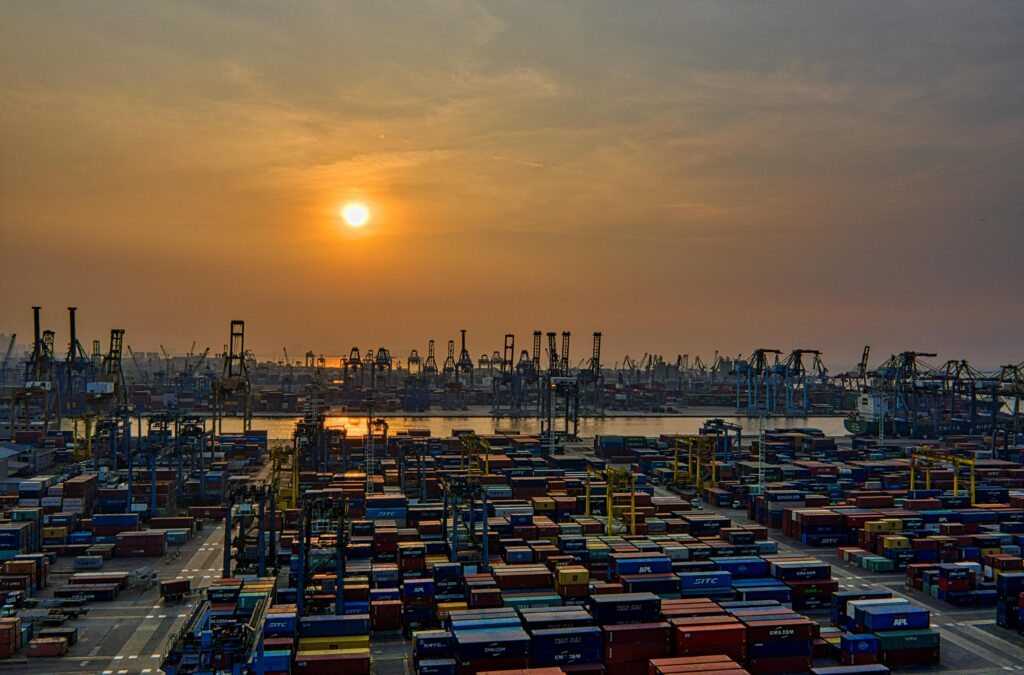As the UK Government faced the aftermath of Brexit, changes to customs processes and regulations in motion, the burden on traders rapidly increasing, and more complexity at the border building, a solution to reduce the fatigue traders were facing with new customs requirements set to be enforced was needed urgently. A solution Azarc was able to provide to speed up customs clearances, enable exporters to gain visibility on clearances and have direct access to information and documents pertaining to customs clearance. Removing the need for third-party agents, putting the team back in the driving seat, and reducing response time and costs for each exporter.
The Client
ABC Logistics is a medium-large logistics player, specializing in the transportation and distribution of fresh produce, primarily around Europe.
Having invested in increased UK transportation support pre-Brexit, ABC Logistics has been at the forefront of the fresh produce industry since 2010 because of its flexibility and reliability. Offering its customers services that include customs facilities, warehousing, handling, transport, and quality control.
During the last few years of these operations, Azarc® had been working with the Port of Rotterdam through various forms of collaboration. A major player in the scheme of ports in Europe and among the top 10 worldwide, the Port of Rotterdam wanted to be the conduit from Europe into the United Kingdom by developing a suitable system that expedited fresh produce, to the UK as it did in a pre-Brexit environment. Such a solution between the Port of Rotterdam and the UK would benefit the throughput at the Port of Rotterdam.
The Problem
UK Government, during the period of Brexit, had been looking at solutions to reduce the fatigue traders were facing with new customs requirements set to be enforced. With the UK’s exit from the EU and changes to customs processes and regulations in motion, the burden on traders was rapidly increasing, with more complexity at the border building.
Traders at the time were using multiple agents and anxieties were growing about the various regulatory challenges they could face when moving fresh produce from Europe into the UK. As a result, many traders halted trading with Europe, sending the cost per clearance soaring. The explosion in the volume of transactions post-Brexit meant that traders who were not processing transactions pre-Brexit now had to do so. Similarly, processes undertaken before embarking in the loading port had to be completed and new regulatory requirements had to be met based on the type of commodity being moved across the border. Complexity increased, as did frustrations.
With the UK no longer bound or aligned with EU law, regulators along with HMRC requirements, continued to evolve – and they still do today. Solutions needed to be agile, enable automation between the various departments, and remain adaptable. This problem will continue to evolve for the UK, which is why Azarc® created Verathread®.
The Solution
Developed in partnership with BT, the Port of Rotterdam, and ABC logistics, Azarc® created an interoperable customs solution, Verathread®. It was the base technology upon which a solution that established workflows for exporters moving cargo between the Netherlands and the UK was created.
At this point, Azarc® was able to develop a suitable application of Verathread® to create the product we now know as Rune. Engaging with the Port of Rotterdam through Blocklab, Azarc® began piloting our solution for ABC between Rotterdam and the Port of Harwich.
The solution sped up customs clearances, enabling exporters to gain visibility on clearances and have direct access to information and documents pertaining to customs clearance. As such the exporters did not need to use third-party agents to process a customs clearance. Thus response time and costs could be reduced for each exporter.
To generate such an effective solution, collaboration between the parties was essential. Alongside making sure the right benefits for the intended users were created, quick development time was needed, in order to meet the deadlines for Brexit.
Outside of product development, one of the main challenges Azarc® faced was gaining relevant knowledge of the ever-changing UK Government IT infrastructure, integrating into new and existing systems, and understanding the customs process for the perishable cargo commodity segment, to ensure a compliant customs solution could authentically be offered to the customer.
This entire process was justification and evidence that new technical solutions can minimize Brexit’s effects; E-documents together with a good document distribution system are really required to generate results; Data needs to support physical transports, not working against progress by slowing processes down or blocking customs process; Virtual clearing solutions are possible rather than rely on historic customs ERP systems.
The Results
Minimum time savings – Saved 14.5 minutes (€21) per custom clearance
Direct cost savings – At minimum €15.00 per custom clearance
Automation – Fully automated 3 manual process steps
Results in throughput time
Time saved by automatic process steps:
- SAD: 5m
- EIDR submitting: 4,5m
- e-CMR: 5m
Total time saved – 14.5m
Cost saved – 14.5m x €87p/h = €21


